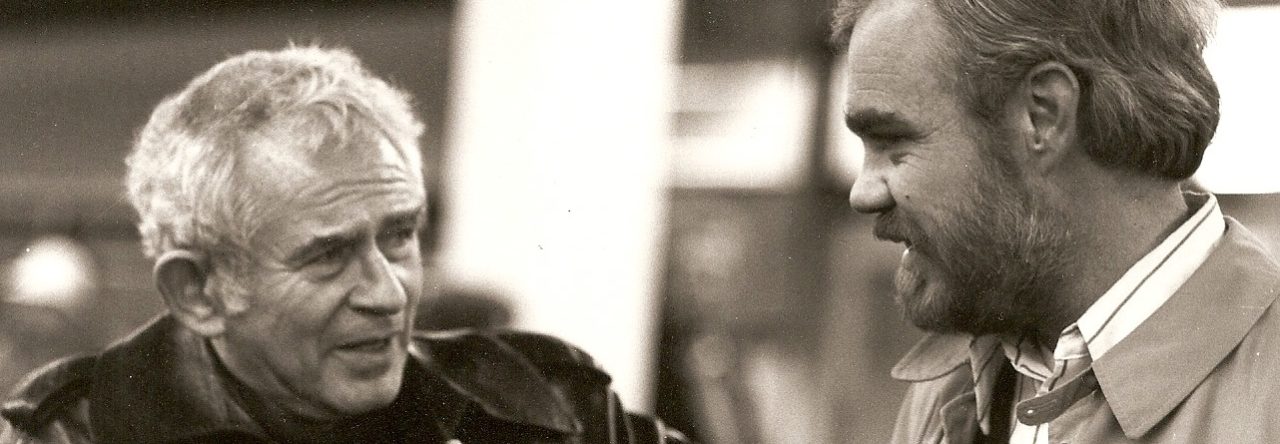Published this month by Library of America, Norman Mailer: The Sixties is a double dose of the trenchant writer who—in his fiction, his nonfiction, and in work that famously blurred the distinction between the two—threw himself unreservedly into the most tumultuous era in modern American history.
Links Page 2 of 17
“No one in the literary world told us more about what was going on in the 1960s politically, socially, and sexually than Mailer.”
Books arrived daily by mail, FedEx, or by hand on the doorstep – a half-dozen was not unusual. At social functions, airports, readings, while he was walking to dinner along the waterfront of Provincetown, or riding the A Train to Manhattan from Brooklyn, people pressed books into his hands. Not that Norman Mailer was short of books; his library, at four different locations, amounted to more than 7,000 volumes. His last wife, Norris Church, referred to them as Kudzu, the pernicious creeping vine that covers large swathes of the American South. As fast as she gave them away, they reappeared on every flat surface in their two homes. Norman, she said, spent $1,000 a month on books, and received a large number gratis from writers in search of a recommendation.
Writer Michael Lennon on the 95th anniversary of the birth of two-time Pulitzer Prize winner Norman Mailer and his Wilkes University colleague Jeff Talarigo on his work, “in the Cemetery of the Orange Trees.”
With Stig Abell and Thea Lenarduzzi – 500-plus years since Thomas More coined the term “Utopia”, denoting a too-good-to-be-true land, Chloë Houston considers the relevance, and importance, of Utopian thinking, and asks if we feel more at home in dystopia; prompted by a magisterial new biography by Jonathan Eig, J. Michael Lennon describes the transformation of Cassius Clay into Muhammad Ali (and tells us what it was like to meet Ali at Normal Mailer’s seventy-fifth birthday party).
David Denby writes:
In recent years, Mailer has been grievously out of fashion, but in February the Library of America is bringing out a two-volume set of his work from the Sixties, one volume devoted to fiction, the other to essays and journalism, and Mailer may be due for reappraisal and revival.
Read the rest of his review of the Library of America’s new Mailer collections at Harper’s.
What clearly distinguishes Ali: A Life from the score of biographies preceding it – including even the best of them: Thomas Hauser’s Muhammad Ali: His life and Times (1992), David Remnick’s King of the World and the Rise of an American Hero (1998), and Gerald Early’s Muhammad Ali Reader (2013) – is the analysis of the number and kind of punches Ali gave and received, round by round, over the long arc of his career.
October 1967 March on the Pentagon On October 21, 1967, an estimated 100,000 Vietnam War protesters rallied in Washington, DC. More than 35,000 demonstrators marched to the Pentagon in Arlington, Virginia, and many remained there overnight. More than 600 protesters, including author Norman Mailer, were arrested. The Vietnam Peace Commemoration Committee hosted a panel discussion on the March on the Pentagon. Many speakers were activists who participated in the Washington, D.C., protest.
The Ambitions and Insecurities of Literary Giant Norman Mailer
Moderator: Dr. J. Michael Lennon– Norman Mailer’s official biographer, Vietnam Veteran, award-winning author, and Professor Emeritus at Wilkes University.
